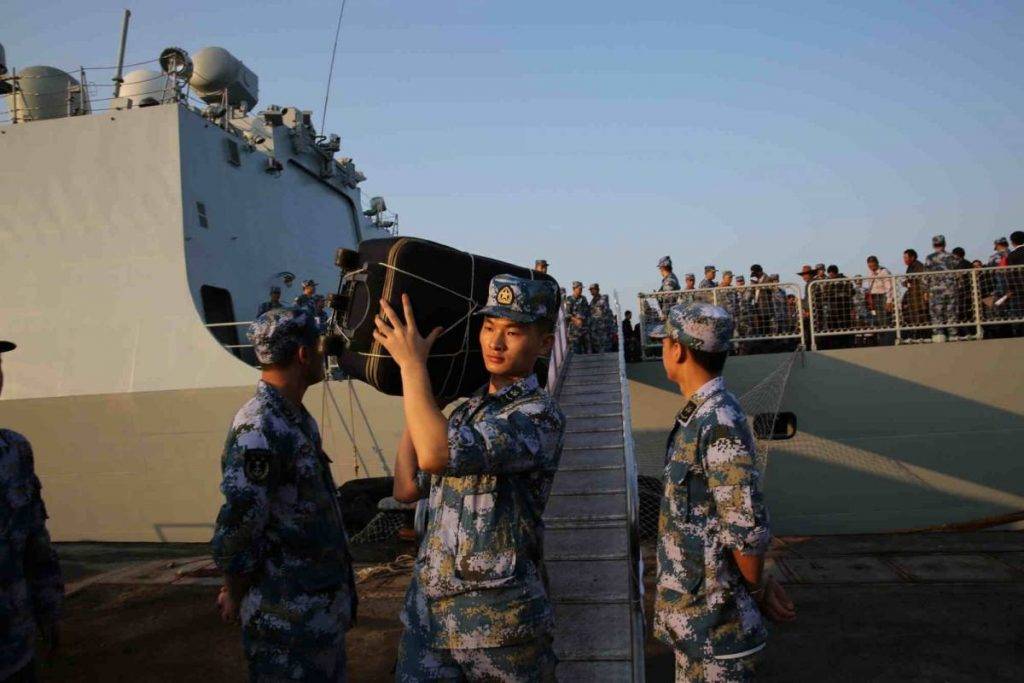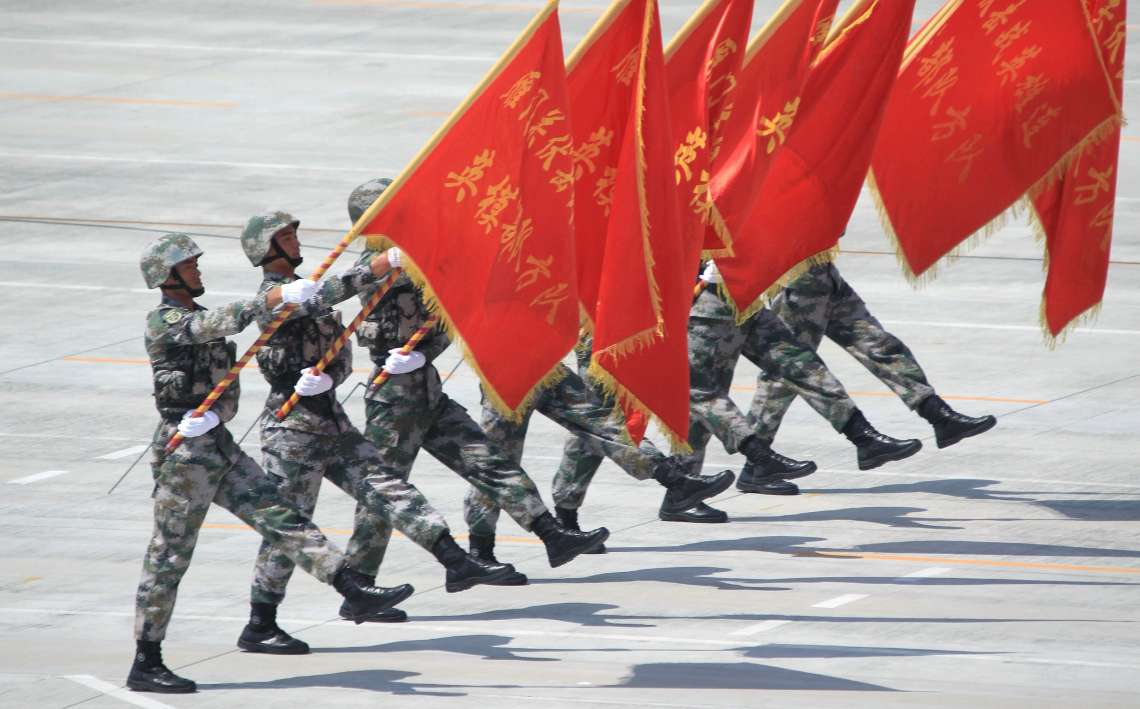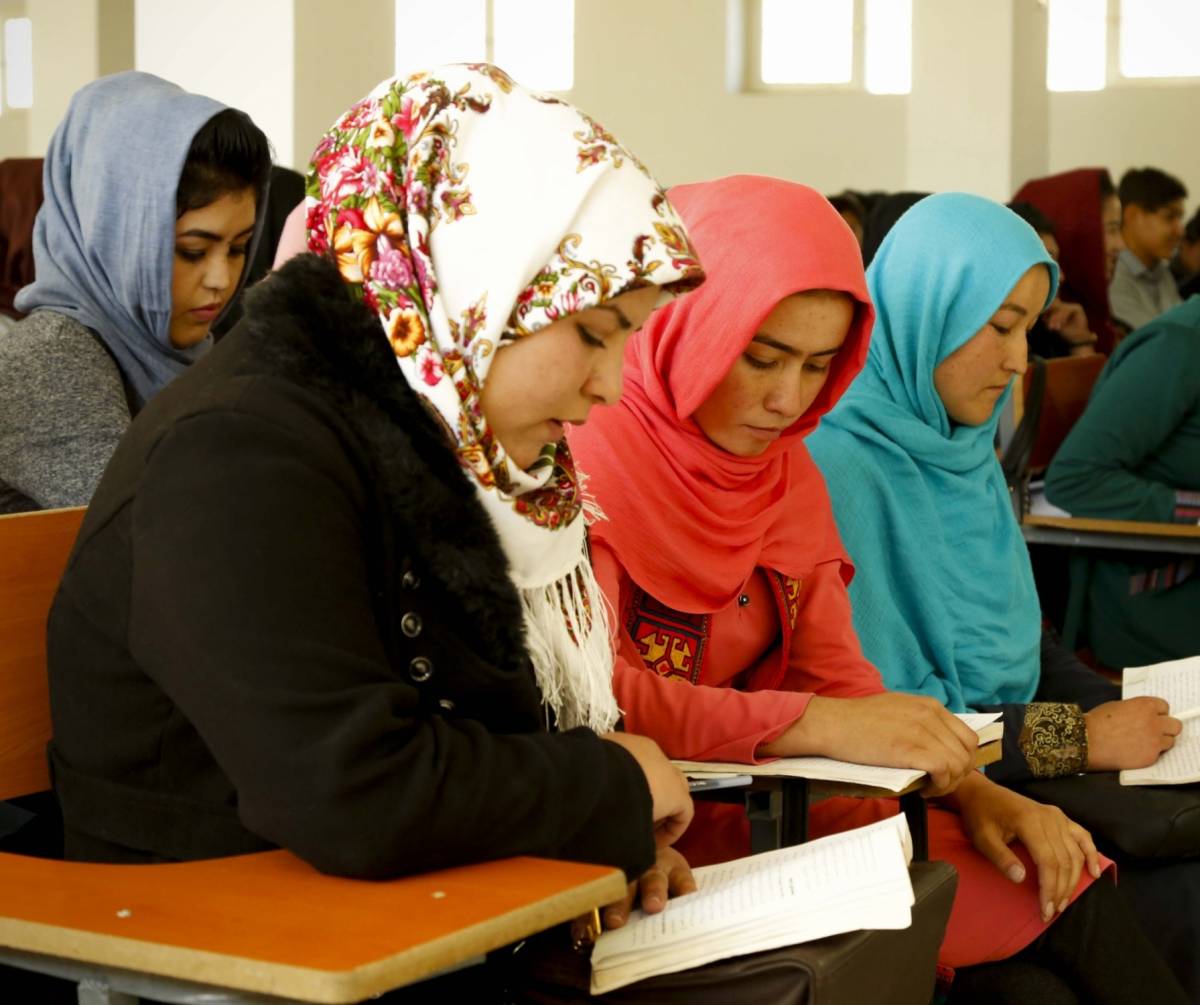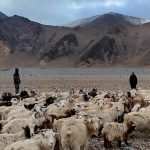The apparent limits of French and European powers in Africa along with the baggage of history of colonialism and post-colonial domination has made it even more difficult for the West to retain its influence in the region, writes Sankalp Gurjar
In 2021-22, two significant developments occurred involving Russia and China in West Africa. The first development was the leaked news reports about the possibility of a Chinese naval base in Equatorial Guinea – a small but strategically located country, with a population of about 1.4 million, along the Gulf of Guinea. The likely Chinese base directly facing the American mainland alarmed Washington. The United States (US) dispatched senior officials to visit Equatorial Guinea and persuade it from allowing the Chinese base. For now, although the US has managed to thwart the Chinese ambitions in the Gulf of Guinea, it points to the growing influence and strategic presence of Beijing in the geopolitics of West Africa and the Gulf of Guinea.
The second important development was Russia’s dramatic entry into West African geopolitics. Russia was invited by the military junta of Mali to send private military contractors (PMC) of the Wagner group to support the fight against the Islamist rebels. The military junta was unhappy about the pro-democracy, anti-coup position taken by France and other Western countries. In a setback to the French and European interests in the region, the military junta decided to kick out the French military from Mali.
These two developments indicate that in the last few years, West Africa and the Gulf of Guinea region is undergoing geopolitical churning. Three clear trends are in operation: first, the traditional, Western great powers are retreating from West Africa. Second, new, non-Western great powers (Russia and China) are finding it easier to enter into the regions that were historically dominated by the West. Finally, the geopolitical churn is bestowing West African countries with a degree of bargaining power.
The stability as it existed for decades even after the decolonization from France has given way to an uncertain and volatile future. In some ways, however, the instability has been leveraged by the regional countries for their own benefit. They are making choices that are contributing to the churn. Sensing this shift, the traditional great powers are making efforts to engage with the region. To underscore the importance of West Africa, the latest visit to Africa by US Vice President Kamala Harris began in Ghana.
In this context, this article considers the evolving great power politics in West African geopolitics.

The Retreat of France and Europe
Historically, strategically, and culturally, France remains the most important player in the geopolitics of West Africa. In the last few years, though, there has been a growing backlash against the overwhelming presence of France in West Africa. The ejection of France from Mali and Burkina Faso and the openly hostile attitude shown by these two governments is a sign of things to come for France in Africa. To make matters worse, these governments have engaged Russia, with whom France and Europe are locked in a spiral of confrontation over the Russia-Ukraine war. As the attitudes in Africa are shifting, France is forced to make changes to its strategic presence and posture as well. President Macron launched a new Africa strategy to rebuild Franco-African relationship. He spoke of building a ‘new, balanced, reciprocal and responsible relationship’ with Africa and asked the French elite to ‘show deep humility towards what is happening on the African continent’.
The need to reset Africa policy has been driven by the French desire to maintain influence in the rapidly changing Africa. Moreover, the shifts in geopolitics after the Russia-Ukraine War has also been a key factor. European countries that were excessively dependent on Russian energy exports are seeking alternative suppliers. West Africa might help Europe to diversify its energy suppliers. Therefore, in May 2022, German chancellor Olaf Scholz paid a visit to Senegal and Niger to pursue energy deals in the renewable and gas sector. Meanwhile, just like France, Italy and Germany too had pulled out its troops from Mali. Troops have been re-deployed to Niger. Sweden and Denmark too decided to leave Mali in 2022. In the vacuum left by the European departure, Russia seemed to easily find a way in.
The Growing Presence of Russia
In the last few years, Russia has emerged as a key strategic partner for Africa. The most visible Russian presence, obviously, is in Mali and the Central African Republic (CAR). In the case of Mali, Russian presence has been a major bone of contention between Paris and Moscow. The Malian military junta invited Russia’s Wagner group contractors in its fight against the Islamist rebels. In return, it agreed to provide mining contracts for extraction of gold. The Wagner group has been deployed across Africa including in Mozambique, Sudan, Madagascar, and Libya.
However, although the Wagner group has had an easy entry in Mali, its performance remains to be seen. In 2022, Wagner group was also sent to fight in Ukraine and the battle for the city of Bakhmut became a focus of their operations. However, months of fierce fighting has not resulted in the capture of Bakhmut. Ukrainian forces are still fighting and as per reports, the very public involvement of Wagner group has caused discomfort in the Russian defence establishment. There are indications that Wagner will reduce its focus in the war in Ukraine and train its attention back to Africa.

Unlike France and other Western countries, Russia has no baggage of colonialism and exploitation in Africa. Russia’s permanent membership of the United Nations Security Council (UNSC) and military-technological capabilities add another dimension to Moscow’s attractiveness in Africa. In the ongoing Russia-Ukraine war, Russia has engaged Africa far more effectively. It is clearly visible in the UN voting patterns of African countries. It helped that in the past, Soviet Russia had supported many African countries in their national liberation struggles. Russia is building on this past and has managed to market its version of the war in Ukraine. In many countries, anti-Western feelings run high and there exists a natural sympathy for Russia. Moreover, Russia also supports Africa in its quest for food security through the export of food and fertilizers. In addition, technological and military assistance that might come from Russia is another attraction for the African states.
The growing Russian presence in West Africa has another dimension — cyber. As per reports, Russia has successfully run disinformation campaigns against France in West Africa. With the French withdrawal and the increasingly entrenched Russian presence, these cyber disinformation campaigns as well as diplomatic manoeuvrings are likely to intensify even further.
The China Challenge
Just like Russia, China’s engagement with West Africa is expanding steadily. In the last two decades, China has been an important player in the oil industries of Nigeria, Angola, Benin, and Guinea-Bissau. In 2021, the Forum on China Africa Cooperation (FOCAC) took place in Senegal. It was held for the first time in a West African country. China’s ambitions to expand its strategic presence in West Africa were evident when it sought to establish a military base at the port of Bata in West African waters by engaging Equatorial Guinea. The base would have expanded the strategic naval presence of China. During the 2014-2019, China engaged Gulf of Guinea countries for military exchanges 39 times. China’s desire and intention to expand military presence in the Gulf of Guinea is clear.
West African countries like Nigeria and Cameroon are important customers of Chinese weapons systems. Nigeria has purchased unmanned aerial vehicles and armoured vehicles from China. Beijing has donated patrol boats and military vehicles to Ghana. However, despite the growing economic and military presence, China is yet to emerge as a major strategic player in West Africa. The rapidly evolving strategic landscape including the trajectory of Russia-Ukraine war and the ability or inability of Russia to concentrate in Africa may perhaps open up further opportunities for China. Interestingly, the stringent Western sanctions on Russia and the reluctance by the Western countries to supply necessary arms and equipment will perhaps force many African countries, including in West Africa, to seek weapons from China. Compared with the Western weapons, Chinese arms are cheaper.
In the context of intensifying strategic rivalries between US and France on the one hand and Russia and China on the other, West Africa is set to emerge as a key battleground for influence.
Turkey
Turkey is another key strategic player in West African geopolitics. Turkish presence in the region is growing, primarily in the domain of security. In 2020, Turkey signed agreements for defence cooperation with Niger and Nigeria. In November 2021, Niger decided to purchase highly effective TB-2 Turkish drones. In view of the growing threat of Islamist insurgency and their spreading reach, Togo too purchased TB-2 drones. Turkey is also a key military partner for West Africa in the education and training of military personnel.
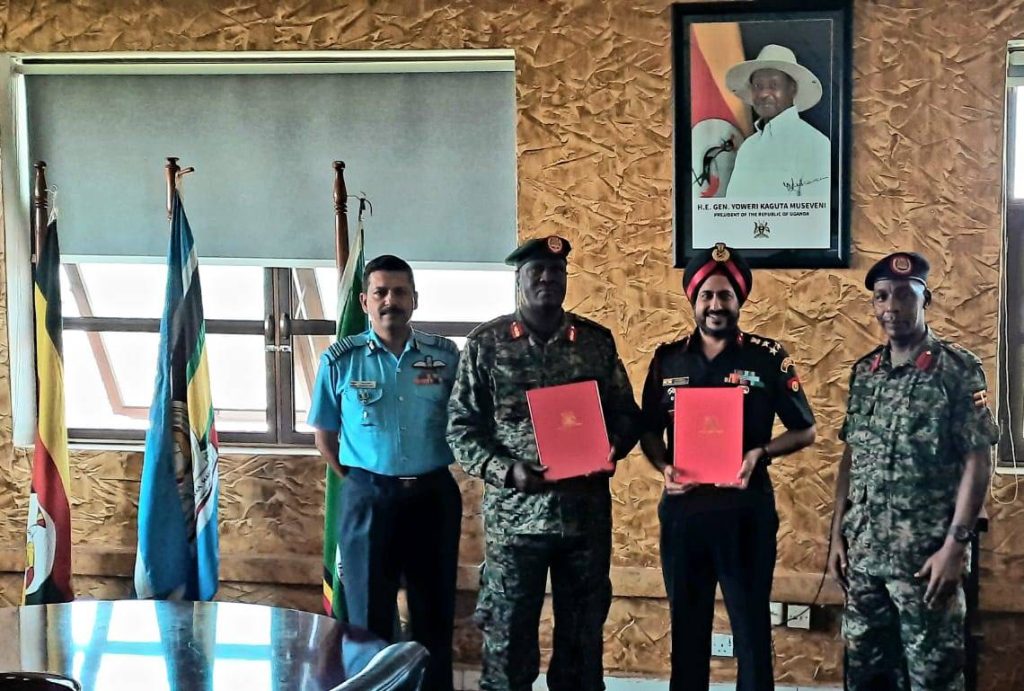
India
India’s engagement with West and Central Africa is expanding steadily. India has been a key player in the domain of energy, development partnership, education, and training. India now operates diplomatic missions in 20 out of 25 countries located in West and Central Africa. The Indian navy has begun to regularly mark its presence via port visits and joint naval exercises in the Gulf of Guinea. Last year, Indian navy’s INS Tarkash was deployed for the first time in the West African waters including in the Gulf of Guinea for anti-piracy deployments. It conducted joint naval exercises with the Nigerian navy as well as paid port visits to four countries: Dakar in Senegal, Lome in Togo, Lagos in Nigeria and Port Gentil in Gabon.
Moreover, underlining the importance of West Africa, India has invited Nigeria as one of the guest countries to this year’s G-20 summit. In the India-Africa Defence Dialogue of 2022, India underscored its support to Africa to fight the challenges of conflict, terrorism, and violent extremism. It is particularly relevant in the context of the terrorism in Sahel. India is engaging African countries including those in West Africa for expanding defence exports. Military training under the Indian Technical and Economic Co-operation (ITEC) program is also a key component of India’s engagement with the region.
Why is West Africa diversifying away from France and the West?
Why are West African countries engaging with newer partners and are ditching their traditional partners? There are three possible explanations: first and foremost is the growing bitterness against the former colonial power – France. For many, the French domination of West Africa has not yielded tangible gains to the extent that many of these countries hoped. The second reason behind the West African desire to move away from France and Europe is that new partners like China, Russia and Turkey are willing to engage with these countries and are offering tangible economic and military assistance. They do not lecture these countries about democracy, human rights, and rule of law. The Russia-Ukraine War has sharpened the strategic rivalries between the West and Russia and Africa has emerged as a key battleground for influence. This has allowed West Africa to make their own strategic choices.
The third and final factor that is driving West Africa’s foreign policy choices is that in an age of heightened global tensions, these countries have attained greater agency. The apparent limits of French and European powers in Africa along with the baggage of history of colonialism and post-colonial domination has made it even more difficult for the West to retain its influence in the region. African countries have been sympathetic about the Russian security concerns and many of them have continued to deepen ties with Russia in spite of the Western sanctions.
The great power politics in West Africa and the Gulf of Guinea region is undergoing changes. Russia presents the most important challenge for European influence. China too is eyeing the region for expanding its military and economic presence. The possibility of a Chinese naval base in the Gulf of Guinea remains real. France has launched a new strategy for Africa and is reshaping ties with Africa. For now, France is finding it tough to retain its influence in West-Central Africa. But it would be prudent to not count France out of the geopolitics of West Africa and the Gulf of Guinea region as yet.
(This is a shortened version of the original article by the author that appeared at the Indian Council of World Affairs website.)
(Sankalp Gurjar is an Assistant Professor at the Department of Geopolitics and International Relations, Manipal Academy of Higher Education, Udupi, India. He is the author of The Superpowers’ Playground: Djibouti and Geopolitics in the Indo-Pacific in the 21st Century)


